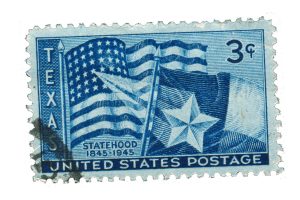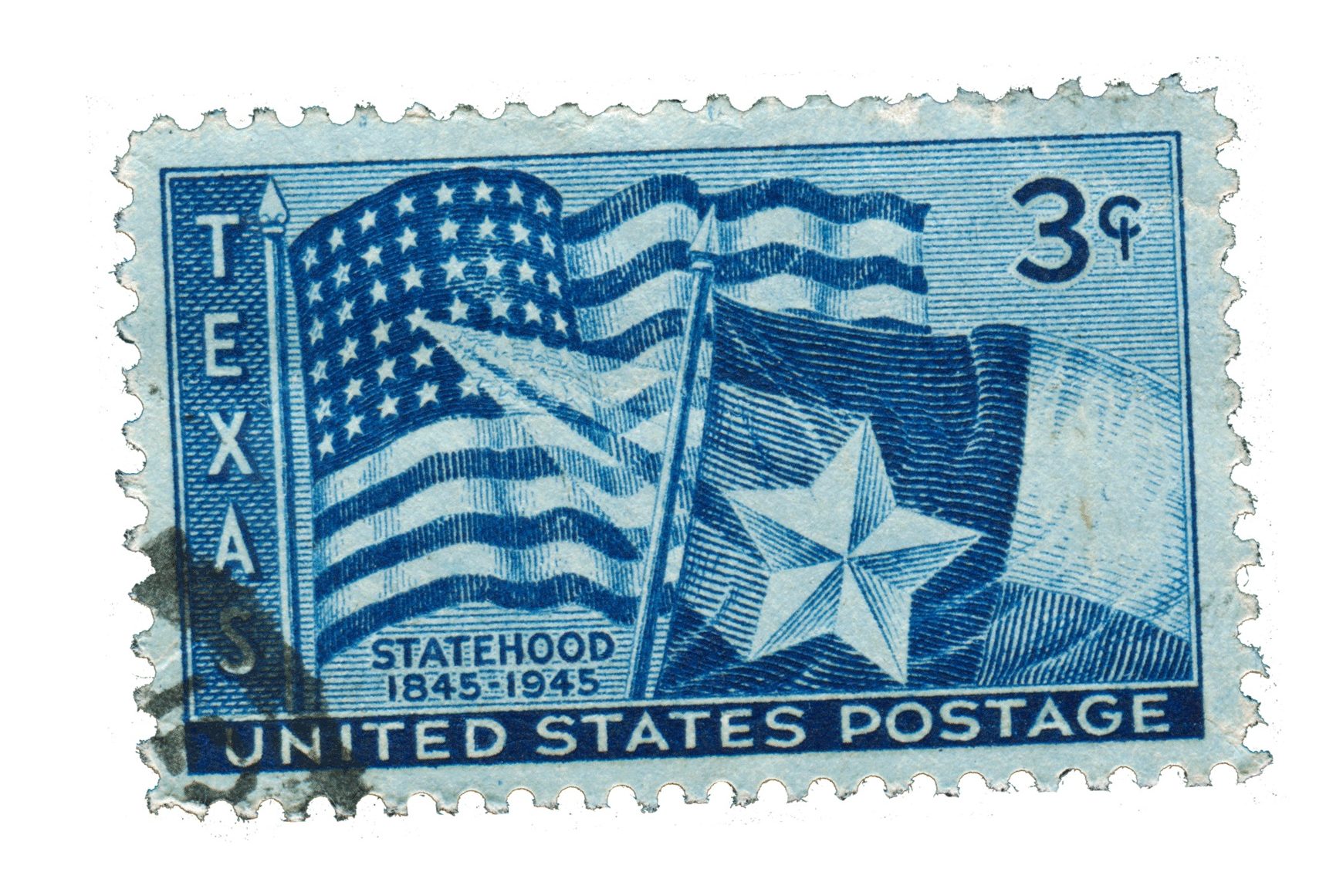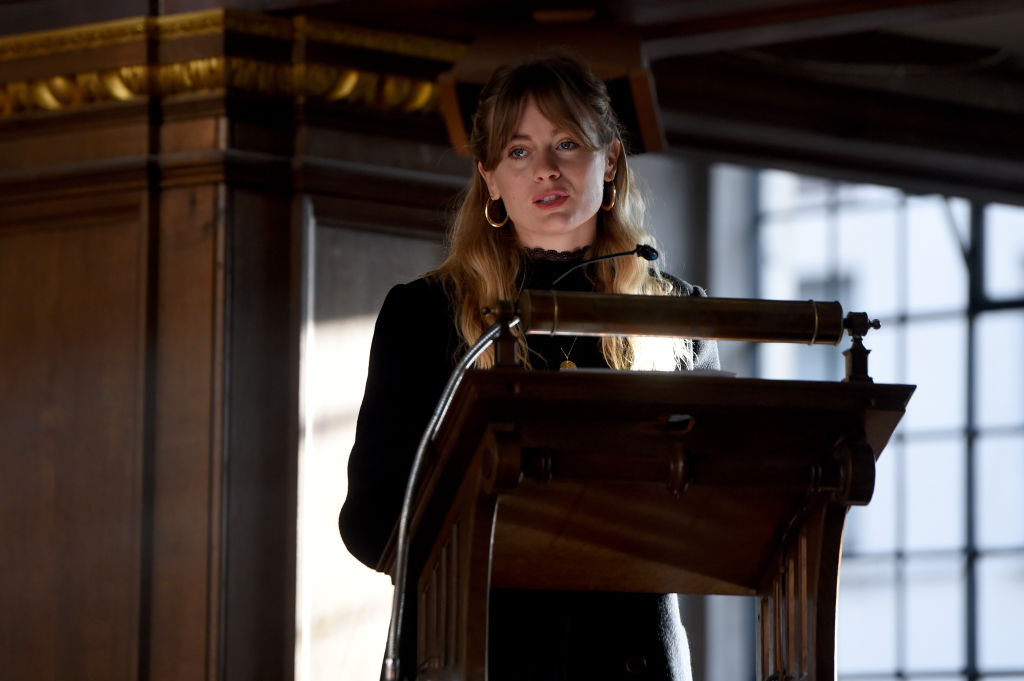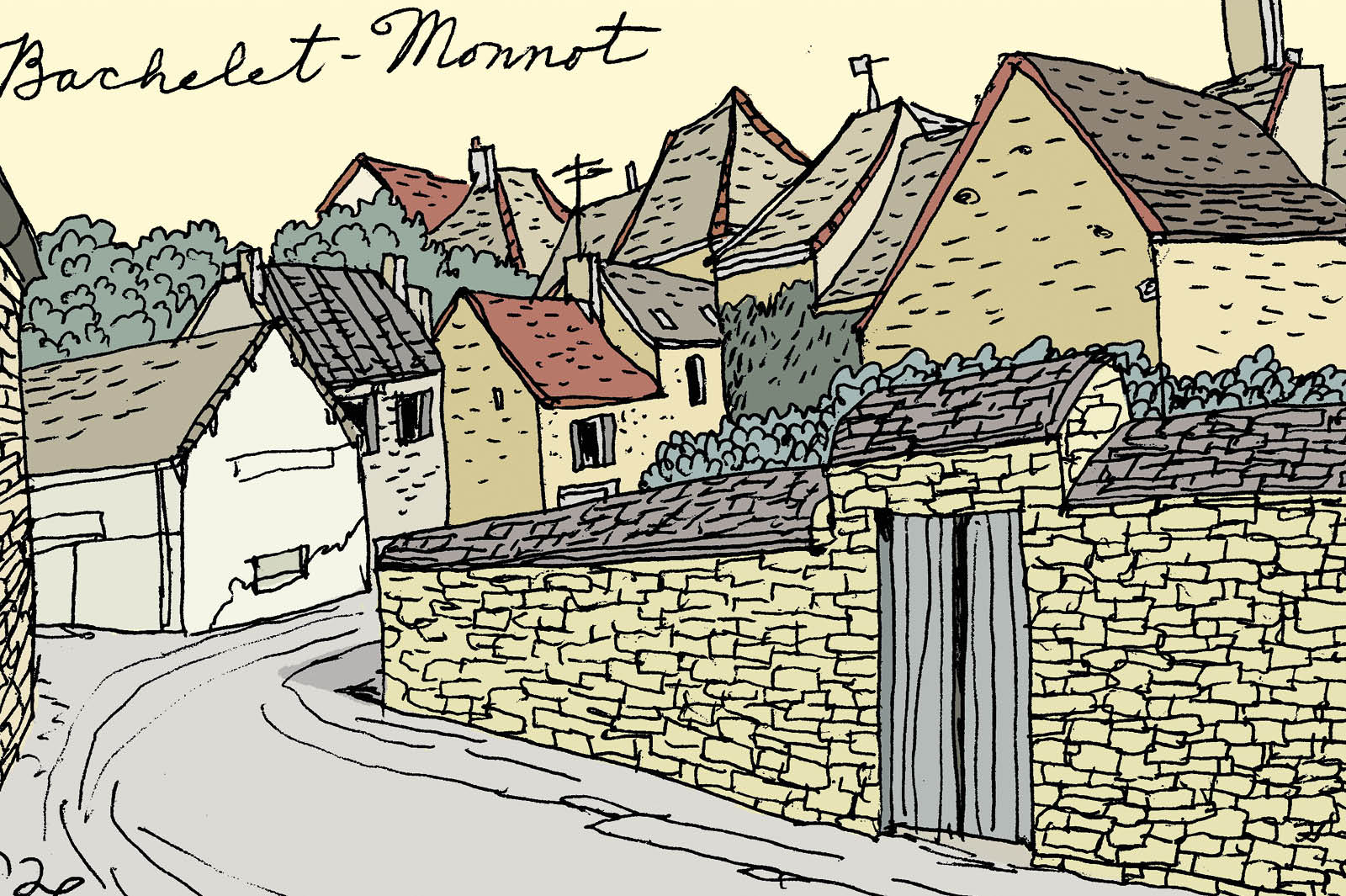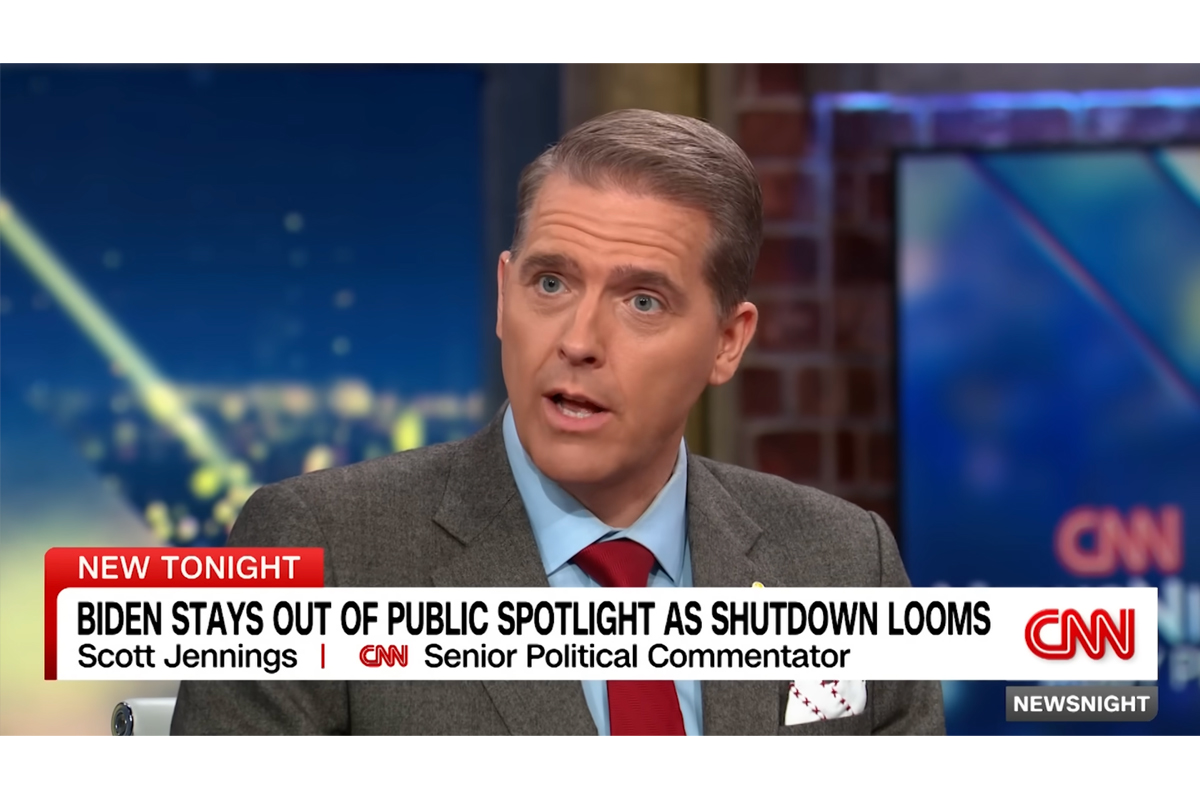“Here you are, darling,” I said to my husband. “These lines might have been written for you: ‘Drinke, quaffe, be blith; oh how this festive joy / Stirs up my fury to revenge and death.’”
“Very Christmassy,” he agreed.
The lines came from a series of five plays by Shakespeare’s contemporary Thomas Heywood, in which he canters through Classical mythology. Here Althea is commenting on her plan to kill her own son Meleager at a feast by consigning to the fire the piece of firewood that magically preserves his life. He feels as though the fires of Etna were in his bosom and dies.
It was not of course a family Christmas, which was yet to be invented. Recently Boris Johnson said: “This Christmas will be considerably better than the last.” Several newspapers headlined his remarks as referring to the festive period or festive season. This phraseology acknowledges that Christmas goes on for longer than a day. Yet no one ordinarily talks of the festive season no one ordinarily talks of the festive season. It is saved for bad Christmas cards or the elegant variation of journalists. In November last year, the British government announced that people could form a festive bubble of up to three households, from December 23 to 27. That was canceled in the week before Christmas and reduced to a Christmas bubble for a single day.. It is saved for bad Christmas cards or the elegant variation of journalists. In November last year, the British government announced that people could form a festive bubble of up to three households, from December 23 to 27. That was canceled in the week before Christmas and reduced to a Christmas bubble for a single day.
Heywood’s is the earliest citation for festive in the Oxford English Dictionary (from 1613), but festal had been used earlier, and earlier than that festival. We tend to think of the word festival as a noun, though it derives from the Latin adjective festivalis. We no longer use festival as an adjective predicatively. I mean that we can say “Everything looked very festive,” but not “Everything looked very festival.”
There is also a low motive for using festive season, just as for printing “Season’s greetings” inside a Christmas card, and that is to pretend it is not Christmas at all we are celebrating. It is the equivalent of the American “Happy holidays.” And although holiday etymologically means a “holy day,” that meaning is not consciously employed in contexts such as summer holiday. I suppose party political conventions are a festival of politics, but few think of them as festive.
This article was originally published in The Spectator’s December 2021 World edition.












